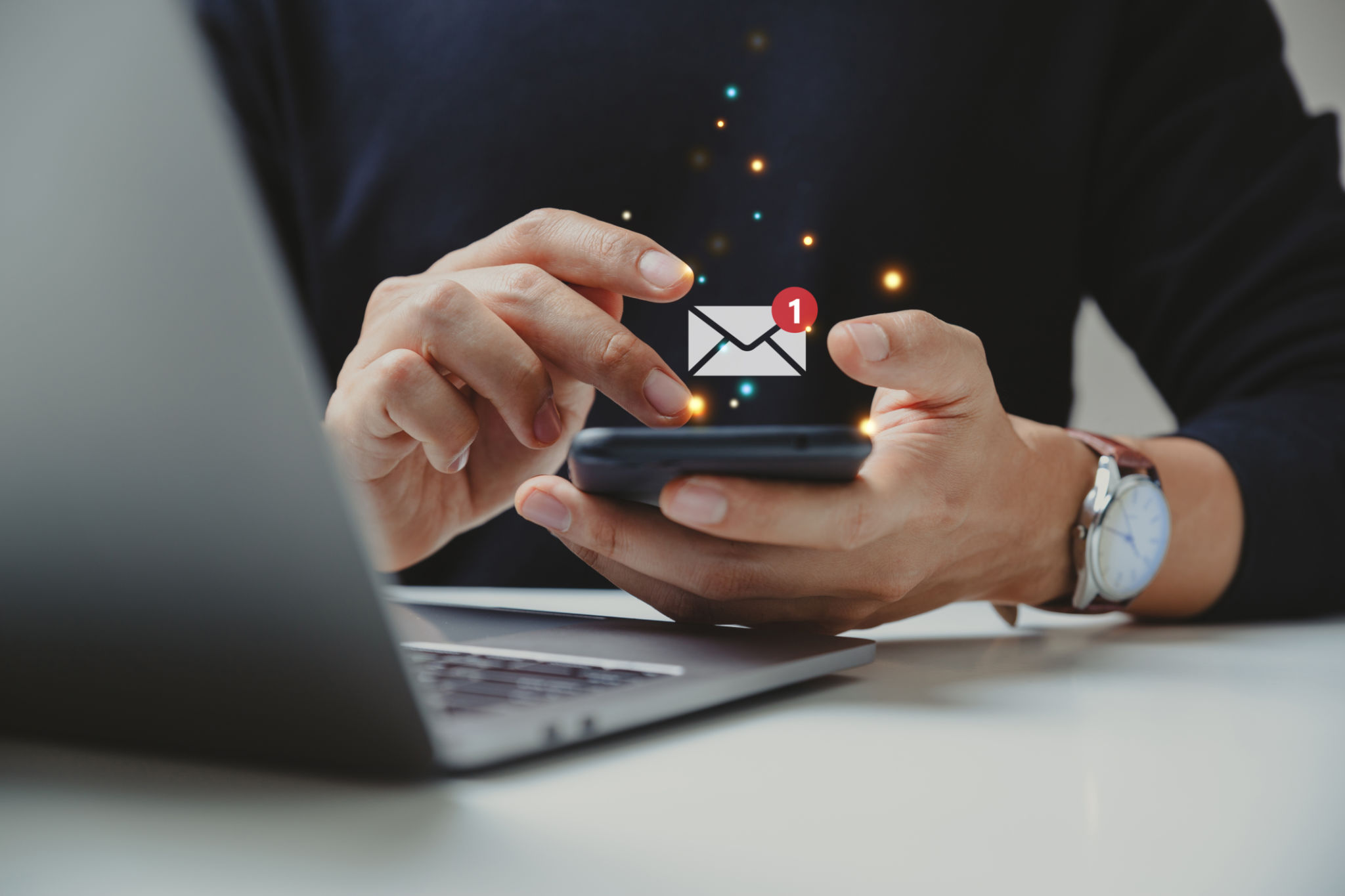Mastering B2B Email Marketing: Strategies for Success
Understanding the Importance of B2B Email Marketing
In the realm of business-to-business (B2B) interactions, email marketing stands out as a powerful tool. It provides a direct line to potential clients and partners, enabling personalized communication and fostering long-term relationships. By mastering B2B email marketing, companies can enhance their reach, nurture leads, and ultimately drive conversions.
Email marketing allows businesses to deliver tailored content directly to the inboxes of relevant audiences. This targeted approach not only improves engagement but also increases the likelihood of conversion. As a result, businesses can achieve a higher return on investment compared to other marketing channels.

Building a Strong Email List
A successful B2B email marketing strategy begins with building a robust email list. Quality trumps quantity here, as a well-curated list ensures that your messages reach those who are genuinely interested in your offerings. Businesses should focus on collecting emails through various channels such as website sign-ups, webinars, and industry events.
To entice potential subscribers, offer valuable content in exchange for their contact information. This could be in the form of e-books, whitepapers, or access to exclusive webinars. Ensuring that your sign-up process is straightforward and transparent will also encourage more sign-ups.
Crafting Compelling Content
The content of your emails plays a crucial role in capturing your audience's attention. It's essential to write engaging subject lines that encourage recipients to open your emails. Once opened, the content should be relevant and provide value to the reader.

Personalization is key in B2B email marketing. Address recipients by their names and tailor the content based on their industry or previous interactions with your brand. This not only increases engagement but also builds trust and credibility.
Segmenting Your Audience
A one-size-fits-all approach rarely works in B2B email marketing. Instead, segment your audience based on various factors such as industry, company size, or buying stage. Segmentation allows you to send targeted messages that resonate with specific groups, increasing the chances of conversion.
By analyzing data from past campaigns, you can refine your segmentation strategy over time. This continuous optimization helps in delivering more personalized and relevant content to each segment of your audience.
Utilizing Automation for Efficiency
Email marketing automation is a game-changer for B2B businesses. It enables you to send timely and relevant emails without manual intervention. Automated workflows can nurture leads through the sales funnel by sending them the right content at the right time.

Common automation strategies include welcome series for new subscribers, lead nurturing sequences, and re-engagement campaigns for inactive leads. By leveraging automation, businesses can save time while maintaining consistent communication with their audience.
Measuring Success and Analyzing Results
No email marketing strategy is complete without measuring its success. Key performance indicators (KPIs) such as open rates, click-through rates, and conversion rates provide insights into how well your campaigns are performing. Analyzing these metrics helps in identifying areas for improvement.
A/B testing different elements of your emails—such as subject lines, CTAs, or send times—can also offer valuable data. This iterative approach ensures that your email marketing strategy evolves based on what resonates best with your audience.
Staying Compliant with Regulations
Compliance with email marketing regulations, such as the General Data Protection Regulation (GDPR) and CAN-SPAM Act, is crucial for avoiding legal issues. Ensure that your emails include an easy opt-out mechanism and that you have consent from recipients before sending them emails.

Regularly updating your practices to align with regulatory changes demonstrates respect for your subscribers' privacy and builds trust with your audience.
Conclusion: Adapting to Future Trends
B2B email marketing is an ever-evolving field. Staying abreast of the latest trends and technologies is vital for maintaining a competitive edge. As businesses continue to innovate in this space, those who adapt and refine their strategies will find greater success.
By focusing on building a quality email list, crafting personalized content, segmenting audiences effectively, and leveraging automation, companies can maximize their B2B email marketing efforts. Remember to continually measure results and stay compliant with regulations to ensure long-term success.